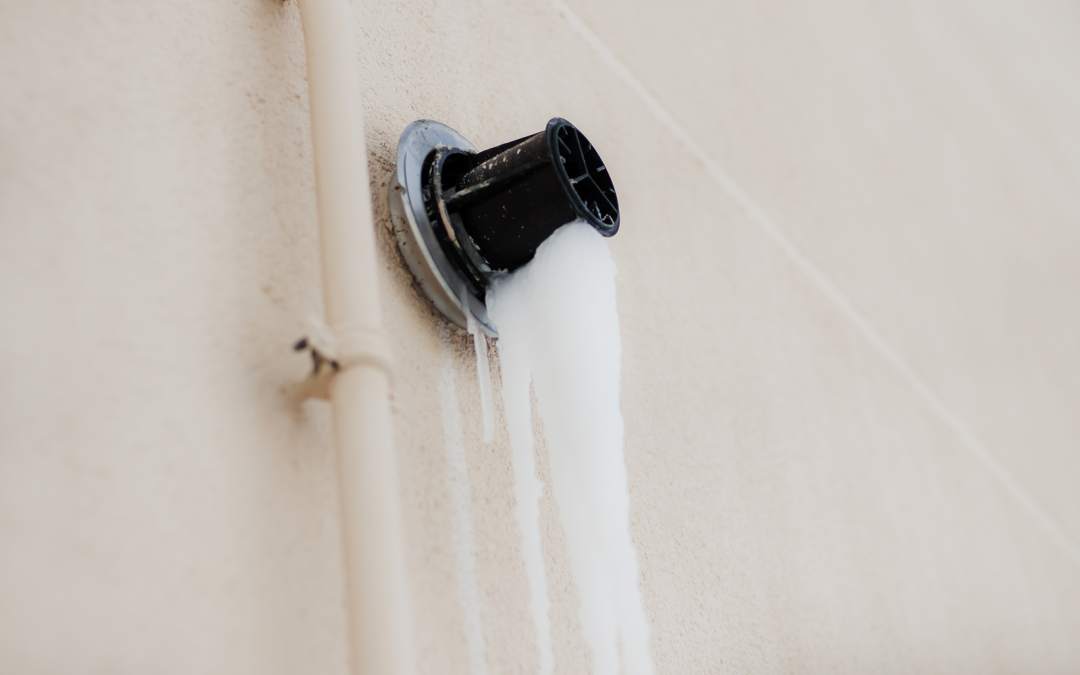Protecting your home during the winter is a matter of both proactive and reactive maintenance,
and sometimes it is possible to be caught out during a particularly bitter cold snap.
If the weather is frightful outside, that is both the most common time for boilers to freeze and also the time that many people want to deal with it the least, although boiler repair services are available even during this busy peak time to help.
Bursting pipes and freezing boilers can be exceedingly distressing, and in quite a few cases are caused by an issue that requires a qualified professional to fix.
However, there are still some options available to help resolve a problem as soon as it occurs, and with some prior knowledge of your water system and avoiding a few pieces of common knowledge, there are issues that can be resolved or at least mitigated.
Preparing For The Worst
Ultimately the best way to fix a frozen or burst pipe is to stop it happening in the first place, or at least be equipped with the knowledge to ensure that the damage is limited and localised.
The first and most important part of this preparation process is knowing where the stopcock is in your home, so you can immediately turn off the water supply in case of an emergency situation.
This internal stop tap is the root switch for your water supply, and it is important to make sure that you check it as regularly as you inspect your boiler. A stop tap should turn smoothly but slowly, and should never be forced or overtightened.
If the stopcock doesn’t work properly, either by being locked in place or not actually shutting off your water supply completely, it can make rectifying an emergency far more difficult than it should be.
As well as this, keeping your heating on a low setting throughout winter (especially if you’re going as well as checking the insulation of your pipes in the loft and in the outdoor areas of your house will help to fix the vast majority of problems that you are likely to be able to fix as a homeowner.
Finally, get your boiler serviced and make sure you have an emergency plumber’s number to hand near your boiler so you have everything you need to quickly get your heating going again.
What Can You Fix?
Typically, the main issues that emerge from the freezing weather that can be fixed by a homeowner are frozen pipes, typically found in uninsulated roofs or on the outside of the house, or burst pipes caused as a consequence of freeze-thaw expansion.
The former is far easier to fix than the latter. In many cases, the latter is about limiting the damage rather than actually being able to fix the burst in the pipe.
Taking care of a burst pipe is a matter of immediately turning off your boiler and the water supply at the stopcock, before opening all of your taps and flushing the toilet at the same time to ensure the system is free of water as soon as possible. This will reduce the amount of time your pipes will leak.
If the burst pipe is near any electrical fittings, switch off your electricity supply at the mains to avoid a very dangerous situation.
Put towels down near the leak as well to avoid too much permanent damage to the walls and the carpet, and if you have any, you can use PTFE/plumber’s tape to temporarily seal the leak, but this is not a permanent arrangement at all, and should only be used if you need to wait over a day for an emergency callout.
Frozen pipes, by contrast, are a lot easier to fix, and generally easy to diagnose. If water is not coming out of your tapes, there’s a slow flush, a clogged sink or a loud gurgling from the radiators, chances are a pipe in your system is frozen.
Sometimes the boiler itself will display an error code or error message that directly signifies the culprit as a
It is most likely to be the condensate pipe that comes out of your boiler and links to the outside of the house and once you find the pipe, the next step is simply to thaw it.
Heat up water in a kettle, but make sure to leave it to cool down slightly. Warm water will effectively thaw a pipe. Boiling hot water could destroy your pipe entirely or even potentially cause a fire.
Keep going until the ice appears to be clear, then reset your boiler.
As with any other boiler issue, if you do not feel at all confident with doing this yourself, an expert boiler will come out and make sure that your boiler is safe and fit for purpose.

